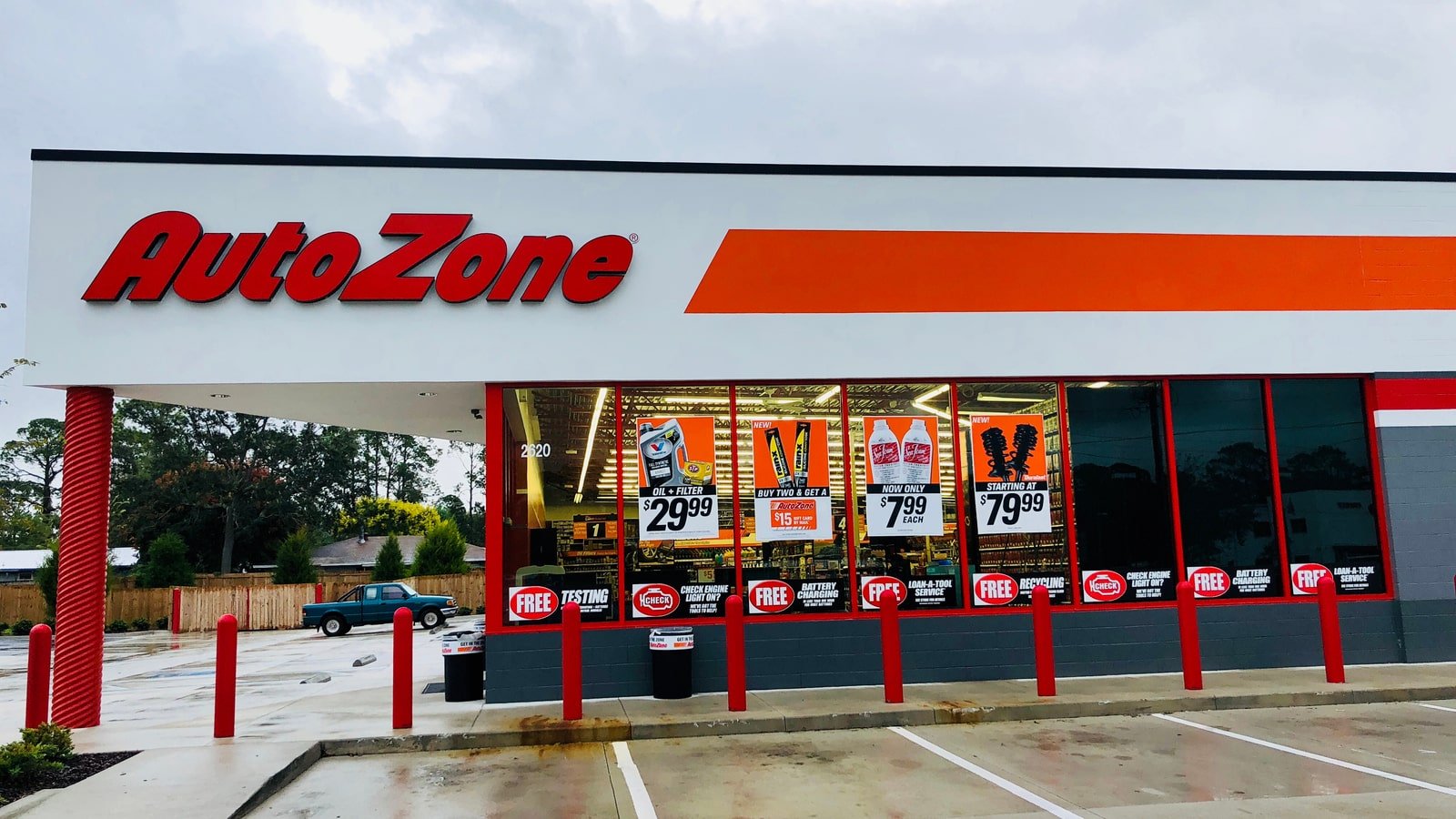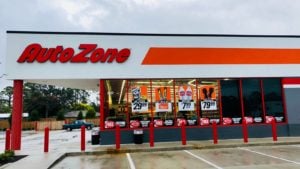Despite the popularity of electric cars, it will be a long time before the infrastructure can accommodate their universal integration. At this juncture, that’s about the only piece of good news for AutoZone (NYSE:AZO). Since December of 2019, AutoZone stock has been on a downward spiral. And with the coronavirus from China, the environment has gotten considerably more negative.
It goes without saying that this is not what management wanted heading into its second quarter of fiscal 2020. Heaping on more anxieties on the table, AutoZone stock could be uniquely vulnerable to downside volatility. That’s because even before the coronavirus epidemic surged toward a pandemic, AZO suffered from China-related headwinds.
First, we have to recognize that the auto parts industry is no longer an exclusively American entity. As CNN reported in the summer of 2018, every U.S.-made car is an import. Since most parts originate from low-wage countries, an American car is domestic in name only.
Second, the U.S.-China trade war has always clouded the narrative for AutoZone stock. Escalating tariffs translates to higher prices. During the time when the trade war — not the coronavirus — dominated headlines, AZO executives warned that further economic conflicts threatened to raise supply costs.
Fortunately, the tit-for-tat tariffs failed to impose a shock to the consumer. Moreover, positive economic metrics augured well for AutoZone stock.
Now, the company can no longer depend on positive consumer sentiment. At time of writing, the coronavirus has infected 83,379 people, killing 2,858. Several countries are reporting new cases – some of unknown origin – implying a lengthy disruption to vital supply-chain networks.
Therefore, no matter what AZO brings to the table, the outlook is incredibly pessimistic.
It’s All About Stopping the Bleeding of AutoZone Stock
On a year-to-date basis, AutoZone stock has shed nearly 16%. However, the bigger concern is that technically, AZO is trading in a no-man’s-land. Management must deliver a combination of stellar fiscal results and expert-level spin doctoring.
For fiscal Q2, covering analysts anticipate earnings per share to hit $11.77. This is near the lower end of the estimate spectrum, which ranges from $11.50 to $12.15. In the year-ago quarter, the company delivered EPS of $11.49 against a consensus target of $9.96. Given recent trends, AutoZone’s estimate for Q2 2020 is very reasonable.
On the revenue front, analysts are looking for $2.6 billion. In Q2 2019, the auto parts retailer rang up $2.45 billion. Here, I’m a little bit skeptical that management will be able to hit the sales benchmark due to seasonality issues.
But that’s just a relatively small part of the narrative. Overall, Wall Street will look to the executive team to provide some confidence for AutoZone stock. However, I’m not sure what they can say.
What health agencies have admitted is that they lost the battle to keep the coronavirus contained in China. Now, it’s rippling through Europe and the Middle East. But a troubling development is the case in Brazil. The government there suspects several other cases have emerged and they’re right to be suspicious as the virus spreads asymptomatically.
Because the healthcare infrastructure in Latin America is behind that of developed countries, the coronavirus could accelerate. I don’t think it’s unreasonable to speculate that it could work its way north toward Mexico. A key auto parts maker, that would crimp AutoZone’s business.
Even if this didn’t occur, the supply chain disruption in China is bad enough. Unfortunately, Q2 comes down to mitigating whatever can be mitigated.
Longer-Term Challenges Also Detract
As if the earnings report wasn’t enough of an obstacle, AutoZone must also contend with a longer-term headwind to its business: many Americans don’t know squat about basic car maintenance.
According to a 2018 driver survey, 36% of respondents admitted that they don’t know how to replace a tire in case of a flat. But the situation is more problematic than consumer ignorance. Most drivers (68%) are on the road despite having at least one mechanical problem in their vehicles.
Logically, this implies that the real consumer economy is far weaker or vulnerable than advertised. If that’s the case, the coronavirus is but one of many negatives impacting AutoZone stock. Thus, for the time being, AZO has become a falling knife. And it’s a big one so I wouldn’t advise trying to catch it.
A former senior business analyst for Sony Electronics, Josh Enomoto has helped broker major contracts with Fortune Global 500 companies. Over the past several years, he has delivered unique, critical insights for the investment markets, as well as various other industries including legal, construction management, and healthcare. As of this writing, he did not hold a position in any of the aforementioned securities.

